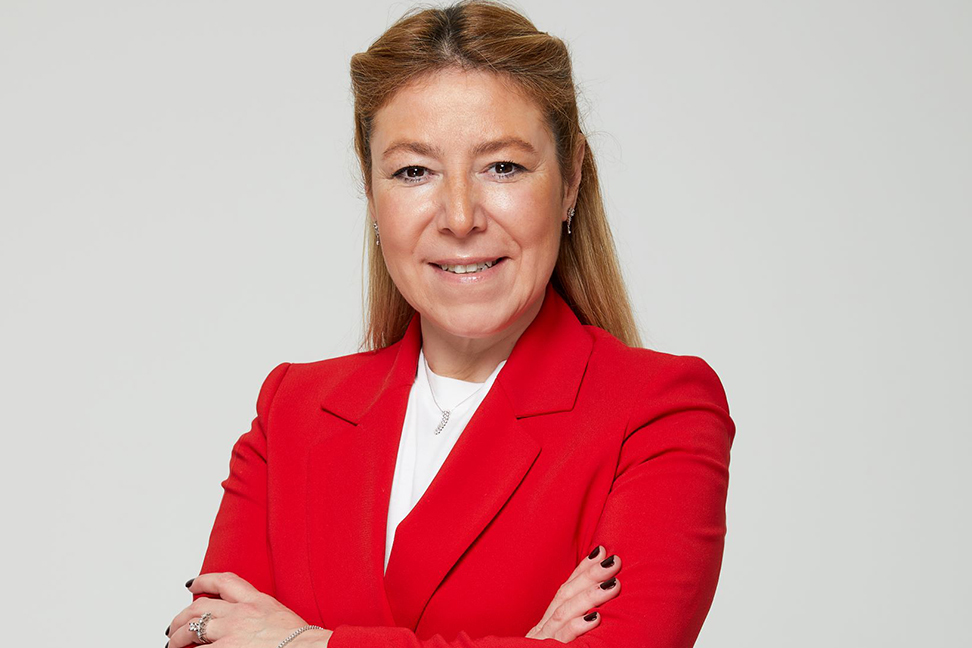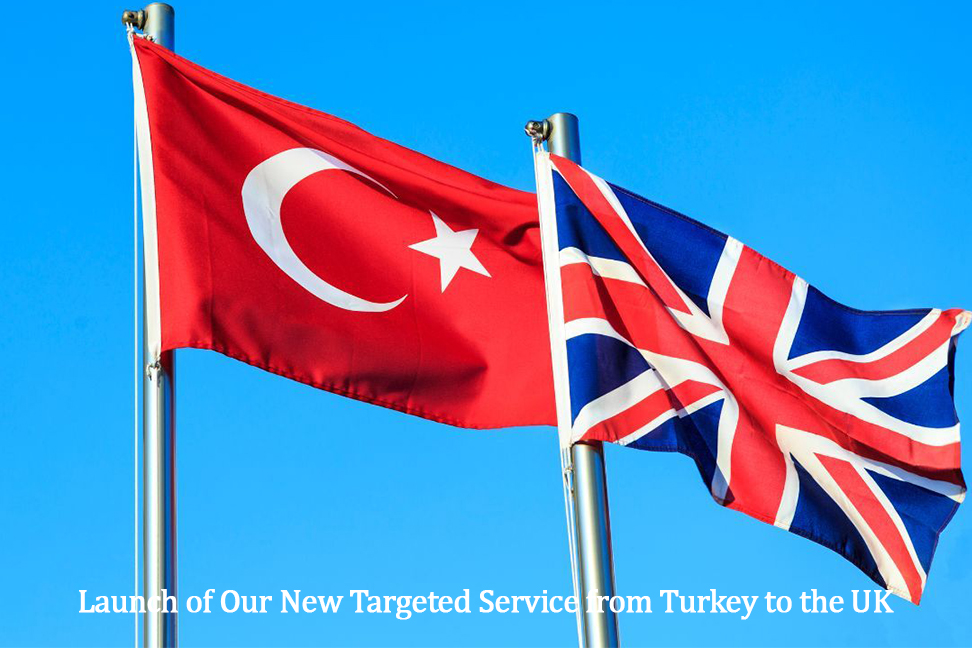
14 November 2025
A Guide On Developing Your Franchise Brand Overseas
Is the international grass greener?
Developing your franchise brand overseas can be rewarding and exciting in equal measure, and the Franchise Company can help you to successfully achieve that goal.
Over the past 30 + years, our consultants have gained a wealth of experience within the franchising industry in the UK and also helped clients to expand overseas.
We can now help UK franchisors to expand their franchise model into a range of countries throughout the world as a result of the close working arrangements that we have in place with several experienced associates based in Australia, Canada and the Philippines (South Asia), plus our own partner offices in Dubai and Istanbul.
The Franchise Company’s consultancy support extends to – Canada, Australia, the Philippines, Turkey & United Arab Emirates.
International development can be achieved via several routes, the most popular is master franchising, followed by area development and occasionally company-owned or joint venture. There are, of course, pros and cons for each of those 3 options to consider before making a decision. However, caution is also required when planning overseas development because of the regulations and disclosure laws that can affect franchising opportunities in different parts of the world. While on that topic, it should be noted that the UK is ‘lightly’ regulated, probably because the British Franchise Association has been proactive with the Government here for many years. We would certainly recommend taking specialist franchise consultancy advice to flag up any legal or other requirements for entry to each country. In addition, being aware of any cultural differences is usually important.
Each market offers a different mix of market size, cultural fit, regulatory approach and entry routes.
1) Canada
• The franchise sector is currently valued at $120bn Canadian
• Strong cultural and legal fit with UK brands
• Large, stable franchise sector and concentrated urban markets (Toronto, Vancouver, Montreal) offer clear city-by-city roll-out options.
Key considerations & entry routes
• Consider provincial differences.
• Typical routes: direct franchising to a local master franchisee, or setting up a Canadian subsidiary and recruiting area franchisees.
• Legal requirements - disclosure documents and franchise agreements.
Top sectors to prioritise
Foodservice (fast casual), personal care/beauty, education & kids services, home maintenance.
2) Australia
• Large, mature franchise industry with significant economic contribution and many successful international roll-outs — strong franchising infrastructure and franchisee networks to tap into. Australia’s franchise sector is a major part of its economy and is estimated to be worth $174bn Aus
• High willingness to pay for convenience and services; strong franchisor support organisations (Franchise Council of Australia) and clear regulatory code (Franchising Code of Conduct) simplify compliance.
Key considerations & entry routes
• Use the master-franchise or area development model.
• You’ll need to comply with the Franchise Code and consumer/disclosure laws
Top sectors to prioritise
Food & beverage (quality casual), cleaning & services, health & wellbeing, franchised professional services.
3) Philippines
• Rapidly growing franchise market with a strong appetite for established foreign brands
• Strong franchising culture: many local entrepreneurs prefer the lower-risk, proven model that franchises provide.
• The value generated from the franchise sector is about $14bn US
Key considerations & entry routes
• Strong value-for-money focus — you may need to adapt portion sizes, pricing and menu/offering to local tastes and purchasing power.
• Typical entry: master-franchise or joint venture with local group. Ensure IP protection.
Top sectors to prioritise
Quick-service restaurants, food kiosks, educational/tutoring services, small-format retail & services.
4) Dubai / UAE
• Dubai is a regional gateway with high-income consumers, a huge expatriate population and strong inbound tourism — excellent for premium and experience-led franchises. The UAE market is considered mature for franchising and is worth around $27bn US
• Strategic location for further Gulf expansion; strong logistics and business-friendly free zones make corporate setup and supply chains manageable.
• High visibility — a Dubai launch can raise your brand’s regional profile quickly.
Key considerations & entry routes
• Use a local master franchisee or a local partner (often required for certain business forms outside free zones). Check UAE-specific franchise and IP protections; licensing and sponsorship structures vary by emirate.
• Adapt to cultural preferences (Halal, family dining patterns) and seasonal demand (tourism peaks).
Top sectors to prioritise
Premium F&B, speciality retail, luxury personal services, fitness & wellness, experiential retail.
5) Turkey
• A large, young population make Turkey attractive for scale — local market numbers indicate a sizeable franchise economy and robust consumer spending worth around $55bn US
• Turkey sits at a crossroads between Europe and Asia.
Key considerations & entry routes
• Price sensitivity and regional differences: need local price strategy and supply-chain planning. Consider master franchise/area development agreements with established local operators.
• Legal: local counsel for franchise agreements, Turkish contract practice has local nuances needing expert input.
Top sectors to prioritise include
Affordable dining concepts, retail formats, and education franchises.
Conclusion
• The Franchise Company has the experience and resources in each of the countries listed above to help UK franchisors expand their franchise model into any of those countries.
• We can also help overseas brands to be imported into the UK using a variety of franchise models.
We’re here to help you.

